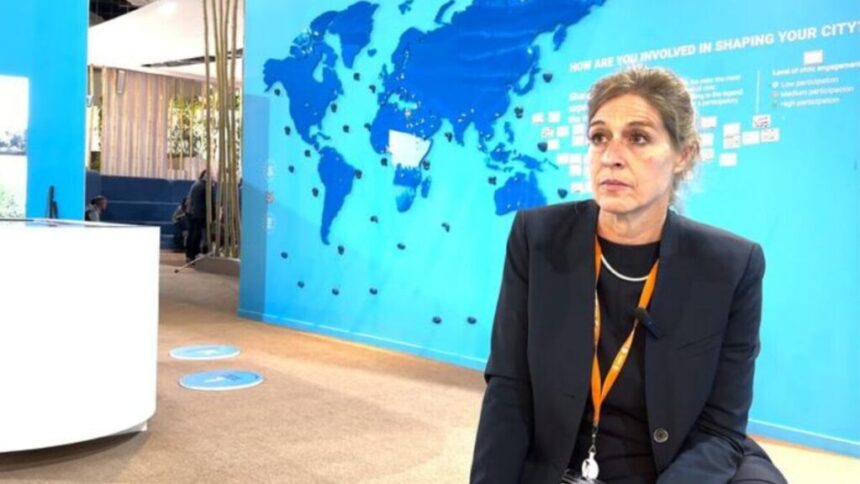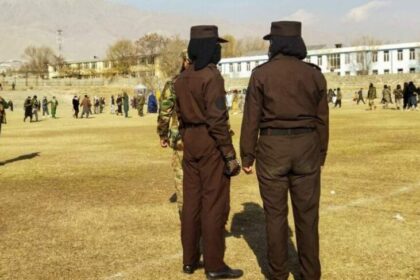RASC News Agency: A senior official from the United Nations Human Settlements Program in Afghanistan has reported a significant trend of rural Afghanistani citizens migrating to urban areas. Stephanie Looz recently noted that the primary drivers behind this shift include increased job opportunities, livelihood options, better education access, and income prospects available in cities. She further emphasized that this urban migration highlights the pressing socio-economic challenges faced by rural communities under current conditions.
Looz also described the state of women and girls in Afghanistan as “alarming,” underscoring that the restrictions imposed by the Taliban have escalated into a critical human rights issue. According to her, Taliban-enforced regulations systematically exclude women from participating in public life. She stressed, “It is vital to ensure that women still have access to some public spaces, but it is equally essential to facilitate environments where they can feel secure and maintain their dignity. Access to safe spaces allows women to interact outside their homes, a necessity for preserving both their rights and well-being.”
The United Nations is actively consulting on strategies to establish culturally acceptable public spaces within the current societal framework. These spaces would enable women to connect and engage beyond the confines of their homes, providing essential support for their freedom of movement. Since their return to power, the Taliban have imposed severe restrictions on women and girls, denying them the right to education, employment, freedom of movement, and public expression.
Under the Taliban’s “Propagation of Virtue and Prevention of Vice” law, even the voices of women are deemed inappropriate and potentially disruptive, leading to mandates that women remain confined to their homes, further constricting their public presence and rights.






